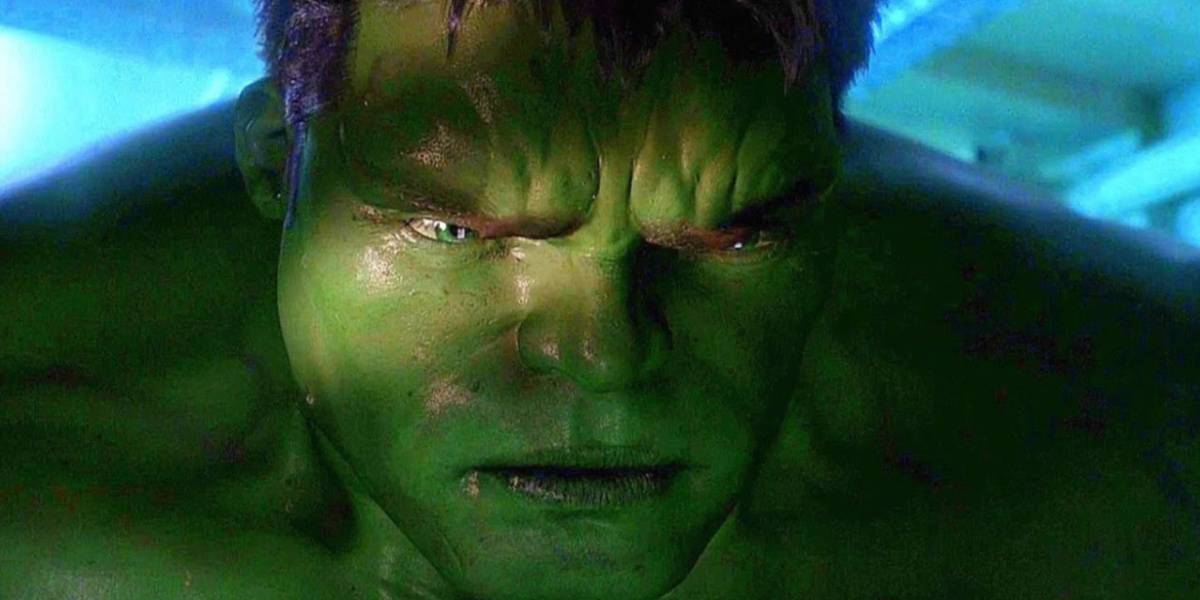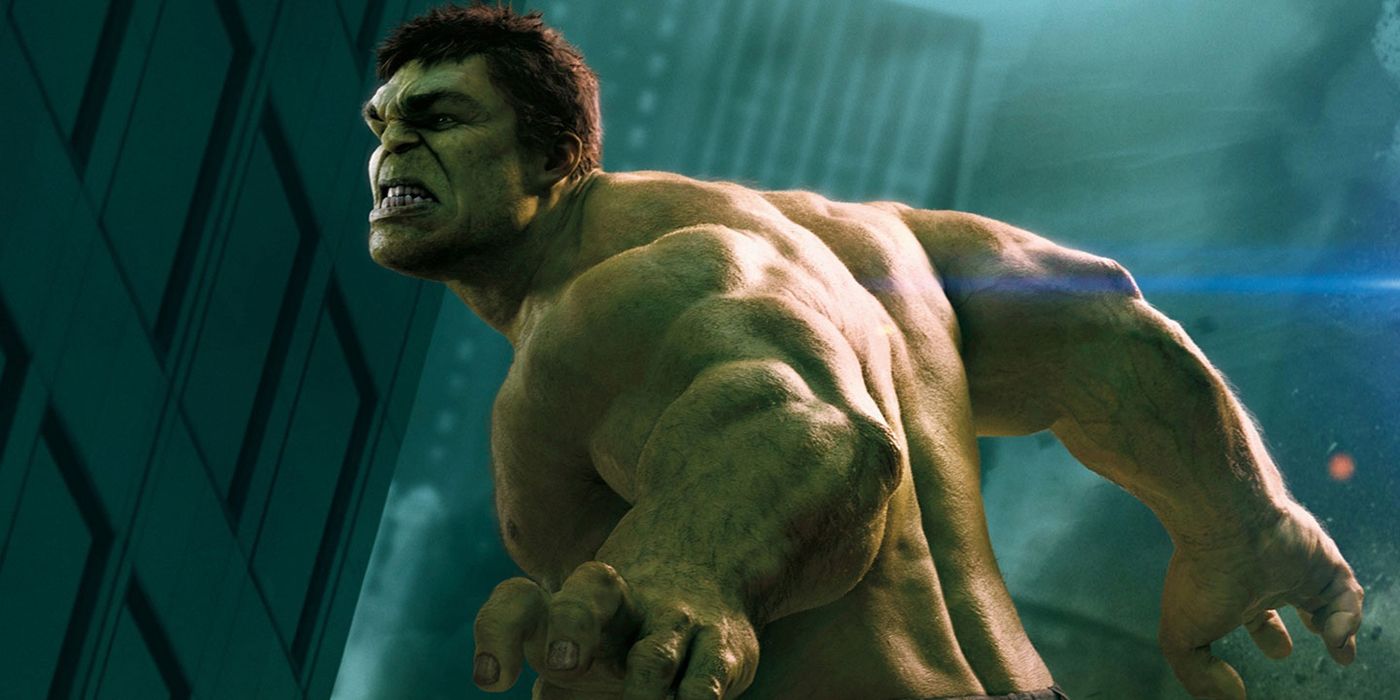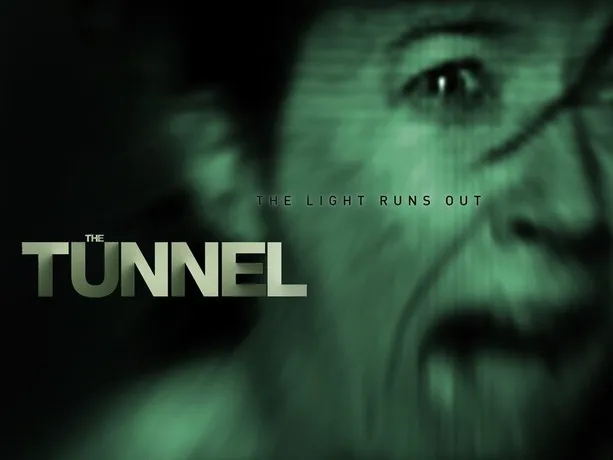He mastered the mind. Now he must survive the monster.
The Incredible Hulk (2025) is a bold new chapter in the Marvel Cinematic Universe—a character-driven redemption arc wrapped in explosive action, psychological tension, and long-awaited resolution. Nearly two decades after his solo outing, Bruce Banner returns to center stage. But this isn’t the fugitive scientist we once knew. This is a Hulk who has been hiding something bigger. Smarter. And much, much angrier.
Set after the events of Avengers: Endgame and She-Hulk, the story finds Banner (Mark Ruffalo) trying to lead a quiet life in Greenland, researching gamma mutations and living with the balance he achieved as “Smart Hulk.” But peace is short-lived. A new player enters the field—Samuel Sterns, aka The Leader (Tim Blake Nelson), who survived his transformation in The Incredible Hulk (2008) and has now unleashed a wave of gamma-powered chaos across the globe. Cities are falling, and only one force can stop him.

Problem is: the Hulk Banner knows isn’t strong enough anymore.
Forced to unlock the raw, uncontrollable beast he buried deep within, Banner must confront the primal Hulk that still lives in his DNA—the original rage, the original power. The film explores what happens when intellect and instinct go to war within the same body… and whether a man can truly control a monster without becoming one.
Directed by Destin Daniel Cretton (Shang-Chi), The Incredible Hulk (2025) balances introspection with smashing spectacle. From urban demolition to mind-bending gamma dreamscapes, the film is both emotionally grounded and visually stunning. Cameos from She-Hulk (Tatiana Maslany), General Ross (now President Ross, played by Harrison Ford), and a potential post-credits nod to Wolverine tease the film’s larger role in The Multiverse Saga.

This Hulk isn’t running anymore. He’s charging straight into what made him. And what he might become.



